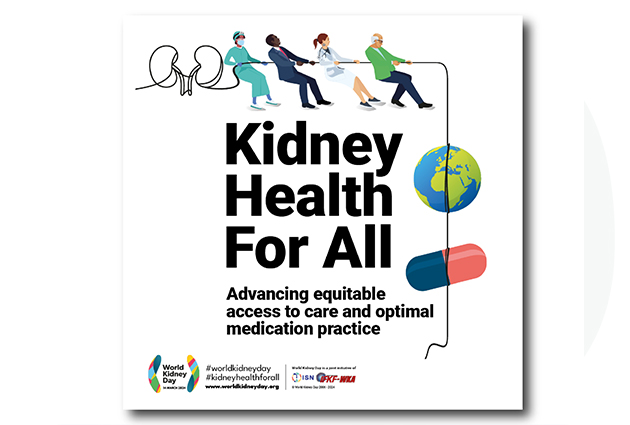Use of Self-educational Materials Can Help Decrease Dietary Salt Intake in CKD Patients – Trial Summary and Commentary
Anastasiia Zykova, ISN Advancing Clinical Trials Network member, summarizes the design and outcomes of a study from the ISN-ACT Global Trials Focus‘ most recent global trials selection.
Evaluation of a simple, low-cost intervention to empower people with chronic kidney disease to reduce their dietary salt intake: OxCKD1, a multi-center randomized controlled trial.
Summary
In this trial, 193 adult participants with chronic kidney disease (CKD) (eGFR >20ml/min/1.73m2) were randomized to one month of the OxSalt care bundle intervention or one month of routine care, with extended follow-up for a further 11 months where all participants resumed routine care.
The intervention care bundle (available here) is guided by three principles that empowered participants to understand the health benefits of reducing salt intake, how to evaluate salt content in food, and how to prepare appetizing low-salt food.
The intervention involved a set of self-paced, self-explanatory slides on a tablet that the participants viewed at their baseline visit, practical written information taken home, and a series of automated pre-programmed emails and text messages around the same themes over the one-month active phase.
After one month of the intervention, the mean change in 24-hour sodium excretion from baseline was -32.4 (±49.7) mmol/day for the intervention group versus -6.28 (±46.2) mmol/day for the control group (P<0.001), equating to a salt reduction intake of -1.9 (±2.9) g/day and -0.4 (±2.7) g/day, respectively.
The benefits of the intervention persisted beyond the first month, with sodium excretion reduced from baseline at 11 months post-intervention (-16.9 ± 49.1 mmol/day; P=0.03), while there was no change in the control group (0.1 ± 36.6 mmol/day; P=1.0).
Additionally, there was a mild reduction in diastolic blood pressure at one month (71.9mmHg vs. 74.3mmHg, p=0.04) but no significant change in systolic blood pressure, proteinuria, or eGFR between the groups.
Commentary
Salt reduction is important in patients with CKD as it has been shown to reduce blood pressure and albuminuria. However, there is a lack of evidence about how this can be practically implemented at the patient level.
This trial aimed to empower people with CKD to reduce their salt intake, and the OxSalt bundle was developed with input from the patients themselves.
The goal was to develop a cheap and simple intervention that could be incorporated into a routine. The significant reduction in dietary salt intake of 1.9g after one month, with effects still present after 11 months, is promising.
Further studies could assess the economic costs of implementing this bundle and consider the impact of implementing an annual reminder.










